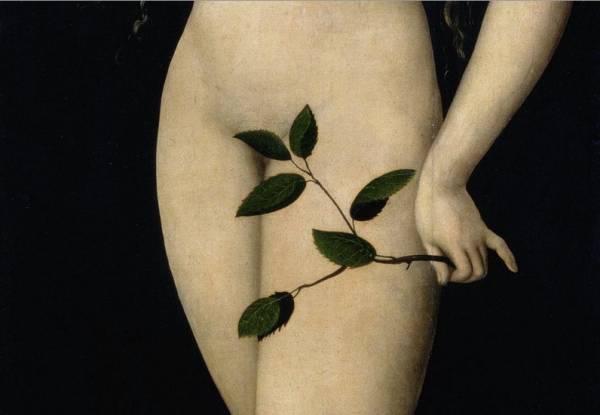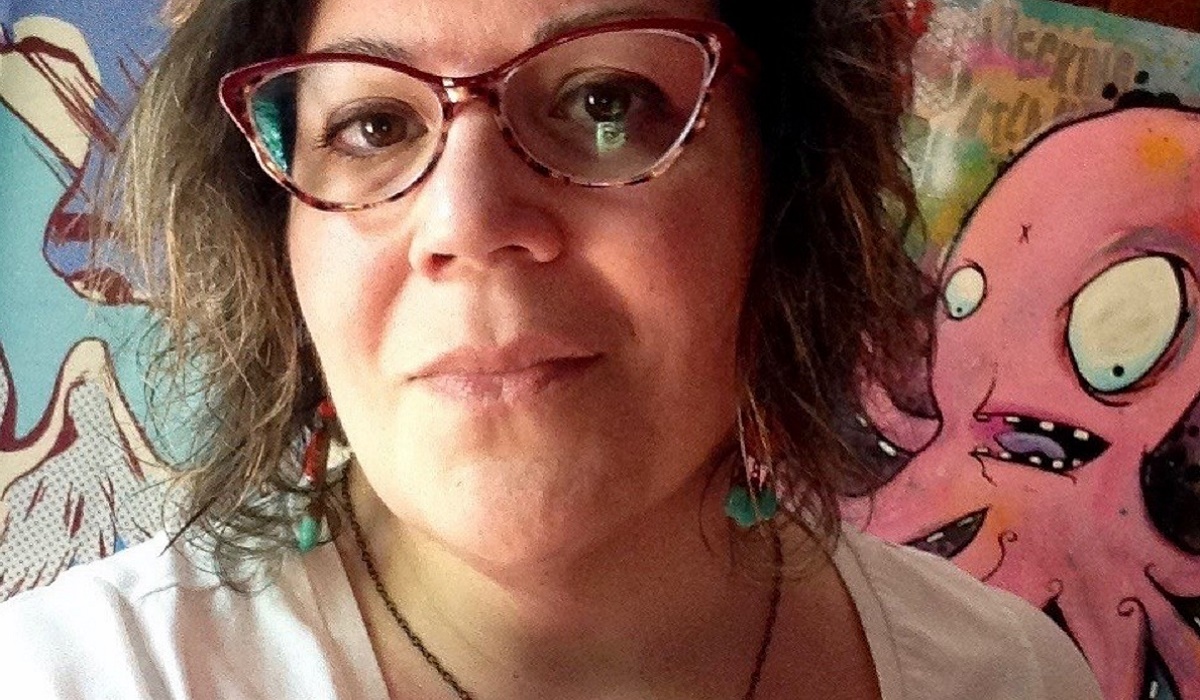“The taboos are definitely part of an attempt to control sexuality.”
You examine taboos with your studies which are Unruly Appetites, Shameless: Women’s Intimate Erotica, Best Transgender Erotica… Taboos which are evolving under the influence of different cultures, religions, science and systems caused the myth of the “witch woman” and the categorization of the “bad woman”. What do you think about the purposes of forming taboos?
As far as historians can tell, taboos are older than written history. What historians, sociologists, anthropologists, and other academics have observed to be true is that taboos are part of how societies exert control over their members in order to try to ensure that people do not act in ways the society sees as bad or negative or hurtful.
Some taboos have a clearer purpose than others. The anthropologist Mary Douglas’ classic analysis of taboos around dirt, Purity and Danger, does a very good job of assessing the ways in which taboos about physical dirtiness are both protective in literal ways and also protective in psychological and social ways.
When it comes to taboos about sexuality in general and women’s sexuality in specific, what we can say for certain is that they are part of an effort to control who engages in what kinds of sexual behavior(s) and with what other person or people they do so.
There may be a broad variety of reasons for those taboos. But the taboos are definitely part of an attempt to control sexuality.
As a historian, what do you want to share about matriarchal social order?
I have little to share about matriarchal social order because there is very little historical evidence for them in the West (and I am a historian who works on the West). There are some anthropological studies that discuss more contemporary matriarchies in various places around the world, for instance the Mosuo culture of the rural mountain regions of Yunnan and Sichuan provinces in China.
Some historical thinkers believe that there may have been a “golden age of matriarchies” in the prehistorical period. They may be correct, but I have not yet seen evidence that solidly establishes this to have been the case.
How do you evaluate the relationship between nudity shame which is evolved with the development of civilization and virginity perceptions?
I don’t. I do not know that nudity taboos or nudity shame evolved with the development of civilization or at the same time as ideas about virginity. It may have done so, but if so, it did so during a prehistorical period and thus we have no real records to tell us about it or what the relationships are or might have been.

Not every culture has the same kinds of body shame and nudity taboos. Many cultures around the world permit nude communal bathing, for instance. Japanese culture and Finnish culture are two examples of cultures where social nudity is very permissible in bathing/sauna contexts. But Japanese culture and Finnish culture are otherwise very different from each other. They don’t share a culture, and they certainly don’t share a culture of social nudity, even though both cultures permit social nudity in similar contexts.
Likewise, not every culture has the same kinds of virginity taboos. Cultures heavily influenced by the Abrahamic religions (Judaism, Christianity, and Islam) tend to have a particular type of virginity taboos. Cultures that are not or historically were not influenced by these religions may regard virginity quite differently.
The real solution to these problems is that men have to be convinced and taught to change what they do, how they act, and who they are.
In the first six months of 2017, men have killed 149 women and girls. They have raped 45 women and have harassed 101 women. Also, 192 girls were sexually abused. Finally, men have used violence against 184 women. Patriarchal society is a global problem. This problem dominates the labor, sexuality, production and the whole life of women, girls and LGBTİ+ people. What is the solution?
Feminism. Egalitarianism. But the real solution to these problems is that men have to be convinced and taught to change what they do, how they act, and who they are. Women being feminists and working toward egalitarianism in their cultures and lives is wonderful and very important. But challenging the patriarchy and all the things it does to harm women ultimately means challenging men to change. One meaningful aspect of this is creating and implementing laws to punish violence against women and exploitation of women, and ensuring that these laws are thoroughly and fairly enforced.
In addition to being a woman, women are also faced with many discriminations, such as having a different ethnic identity, being homosexual, belonging to the lower class, and being out of the society’s perception of beauty. Is there something you want to tell women?
Everyone has multiple identities and has multiple factors that contribute to who they are. The brilliant Black American feminist and critical race scholar Kimberlé Crenshaw came up with a term to describe how these many layered identities affect our lives: intersectionality. Understanding intersectionality helps us understand both what connects women’s experiences and what makes them different, and why any two different women may have dramatically different experiences of the world.
What I would tell women is to go and watch Dr. Crenshaw’s TED talk about intersectionality, and learn how it applies to your life and to the lives of the women around you. It will make you better able to speak up for yourself and better able to help other women.



